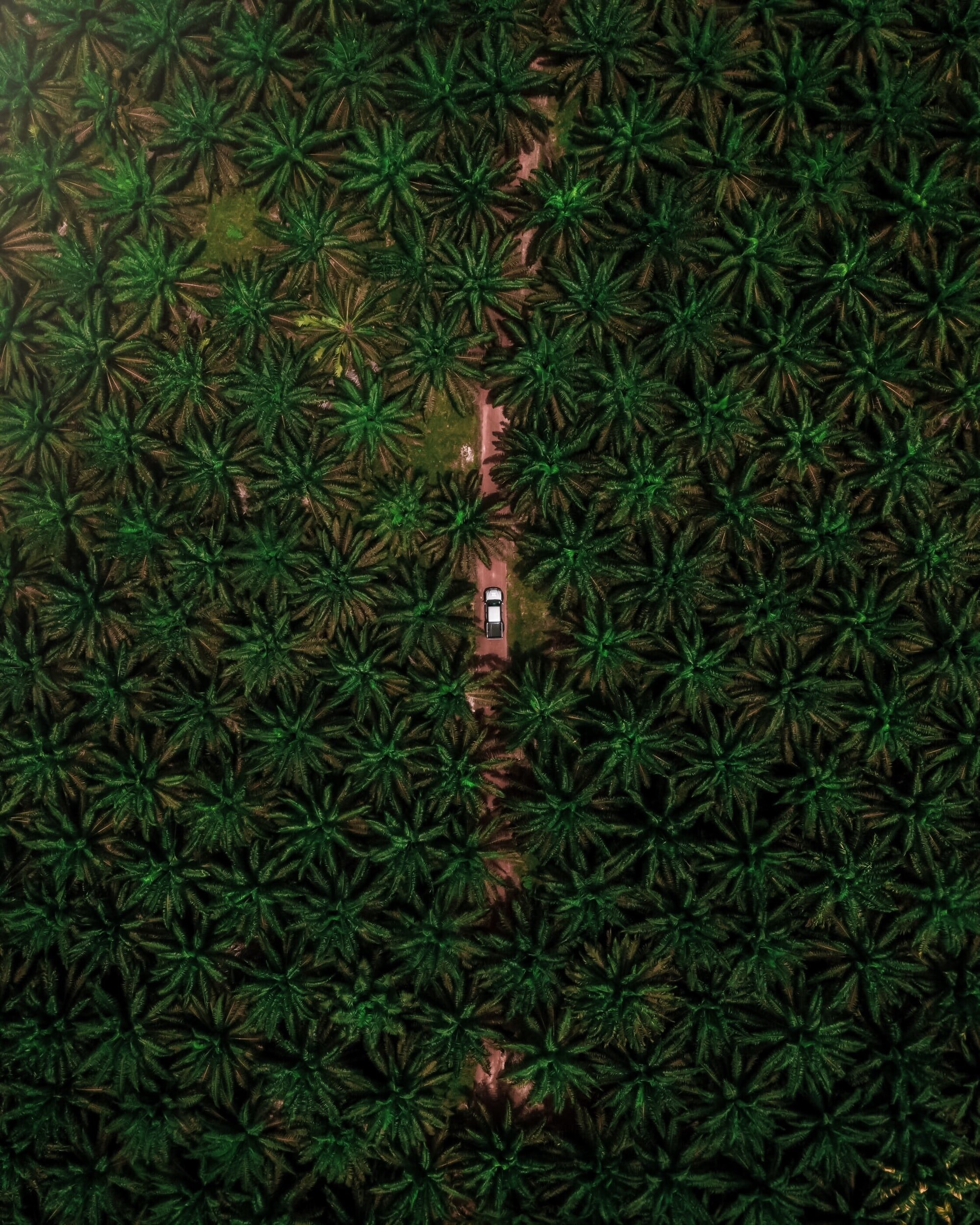
MSPO In A Deforestation-Free Palm Oil Supply Chain
Welcome to MSPO Blogs where current topics around certified sustainable palm oil are discussed within the context of Malaysian palm oil.
We hope you find these thoughts and opinions on sustainable palm oil interesting. Sign up here to receive notifications of new blogs and news relevant to Malaysian Sustainable Palm Oil (MSPO).
Year
The First Malaysian Sustainable Palm Oil (MSPO) Certified Facility in the People’s Republic of China
The Malaysian Palm Oil Certification Council (MPOCC) would like to congratulate Grand Oils & Fats (Dongguan) Co. Ltd. (GIHDG) as the first facility outside of Malaysia and in the People’s Republic of China to be certified with Malaysian Sustainable Palm Oil Supply Chain Certification Standard (MSPO SCCS) since 21 October 2022.
Technology in View - Enhanced Weathering as Carbon Dioxide Removal
As climate change has become the focal subject at every country, it is the obligation of everyone to assist in the reversal of this phenomenon.
Mechanisation is the way forward for the Malaysian palm oil industry
Mechanisation could replace human labour in the palm oil industry and MSPO supports this direction. Considering labor issues and challenges to the Malaysian commodity, the only area for growth and expansion of this sector is technological advancement.
Biomass Palm oil as Renewable Energy
MSPO MS2530:2022 has highlighted that the use of renewable energy shall be encouraged and applied where practical. The application shall help the Malaysian government achieve about 20 percent renewable energy (RE) capacity by 2025.
Diving into MSPO Trace
MSPO Trace was developed by MPOCC to monitor certification audited by Accredited Certification Bodies (ACBs) and traceability of the MSPO supply chain. It was launched in November 2019 and envisioned as a solution to all MSPO and trading activities of Malaysian palm oil.
MSPO safeguards Bornean Pygmy Elephants
According to Natural Habit Adventure, there are only about 1,500 Pygmy elephants surviving in the wild, the majority of which are in Sabah, Malaysia.






